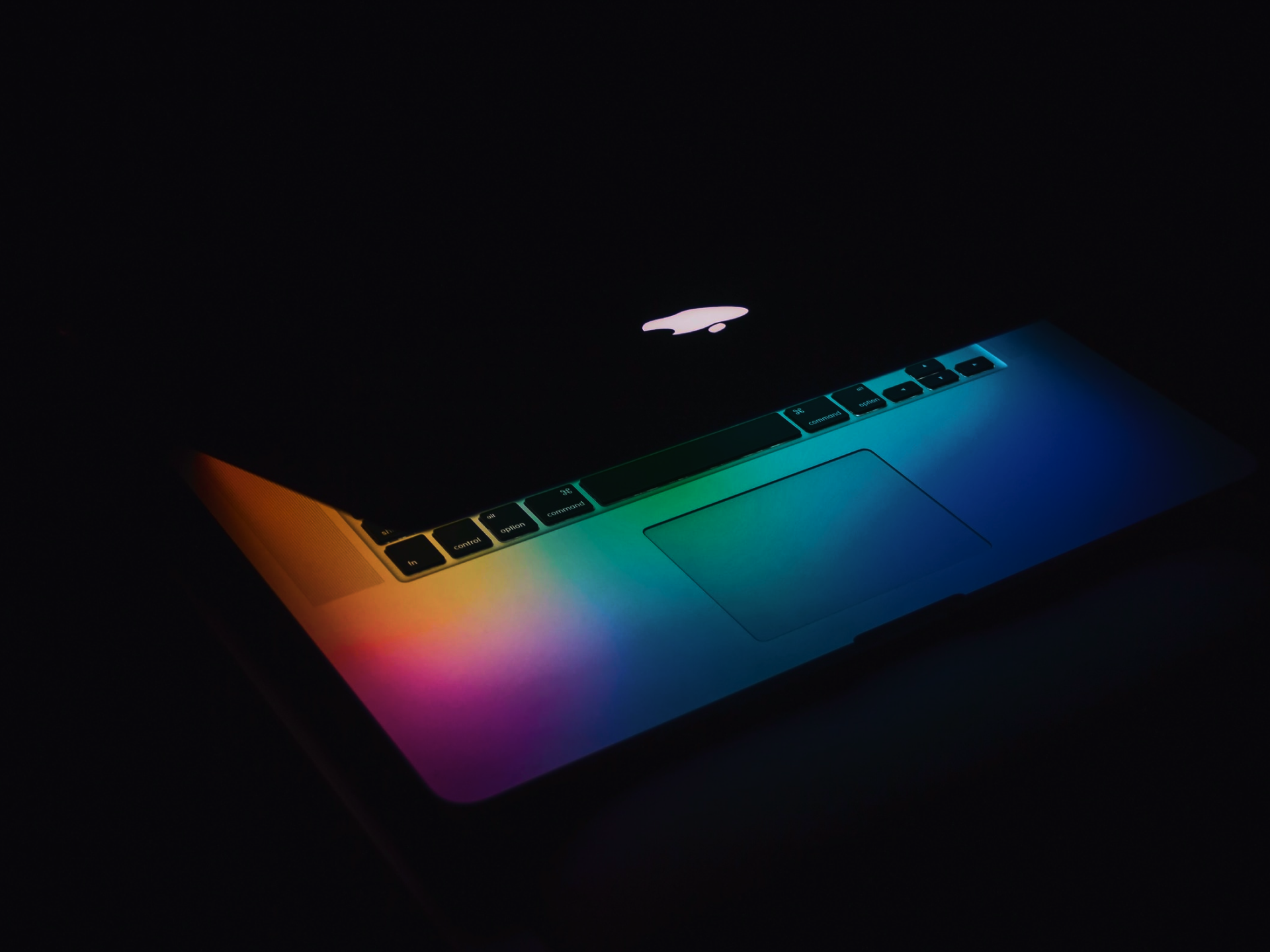What is flow?
Discover the ultimate state of concentration and productivity.
7/1/2022
Introduction
Are you often distracted? Do you have trouble working for long periods of time? Do you want to get more out of your time? Well, you came to the right place.
In this blog, we'll discuss what exactly 'Flow' is, why it's important, when it can happen, and we'll give you tips on how to enter the flow on command.
Csikszentmihalyi, the psychologist who identified the concept of flow, described it as follows:
"Being completely involved in an activity for its own sake. The ego falls away. Time flies. Every action, movement, and thought follows inevitably from the previous one, like playing jazz."
What is flow?
Flow is a state of mind where you're fully immersed in whatever you're doing with passion and enthusiasm. It's the feeling of being completely focused on what you're doing, so much so that nothing else matters or even exists for a period of time.
You are completely involved in the process, as well as the results of your work. If a task or activity doesn't provide an opportunity for flow, it isn't likely to be very satisfying—or successful—for very long.
Flow is important because it leads to improved performance and higher productivity over time through increased motivation, satisfaction and engagement at work (Csikszentmihalyi & LeFevre).
Why is flow important?

Flow allows your mind to get lost in the moment and enter a state of hyper focus.
Where you're in a state of flow, your mind is able to focus on the task at hand without worrying about other things. The end result is a feeling of being fully immersed in whatever you're doing and having passion for it.
The reason why this type of concentration can be beneficial is that it allows your mind to focus on what's important without distractions getting in the way.
This means that when you need to get something done, there are no other concerns or thoughts distracting you from completing your work—you'll be able to achieve more by working uninterrupted for longer periods of time.
Flow can happen anywhere, anytime
Flow can happen where you're working out, studying, playing sports, working, or doing anything that is challenging and engaging. It can also occur during more "mundane" tasks like cooking or cleaning the house. While these tasks may seem simple and repetitive, they require focus and skill in order to be completed effectively.
When it comes to experience flow, it's all about how you’re feeling—the momentary intensity of your emotions. If a task is interesting enough for you to focus on without being too difficult or easy, then there's a good chance that you've entered into flow state (even if it isn't necessarily fun).
3 simple tips to enter the Flow

- Avoid multitasking. When you multitask your mind has to keep context switching between tasks. This prevents you from entering the flow where your mind can focus on one mission.
- Remove distractions. Distractions are harmful because they can interrupt your flow or prevent you from entering the flow all together. Turn your phone notifications off, create a quiet workspace for yourself, and let yourself dive into your work without distractions.
- Eliminate worries. It can be hard to enter the flow when you're worried about something. Take care of whatever is worrying you first. If you can't, you can use time management techniques like time boxing to give yourself time to focus on one thing at a time. Apps like Timeva can help you time box your work.
Conclusion
Flow is a state of mind where you're fully immersed in whatever you're doing with passion and enthusiasm. In the Flow State, you're able to achieve high levels of concentration and extreme productivity. Flow can be achieved by focusing on one task at a time, removing distractions, and by eliminating worries. If you want to do more, create environments that make it easy to enter the flow.
Join the newsletter
Time management tips for the digital age. No spam
